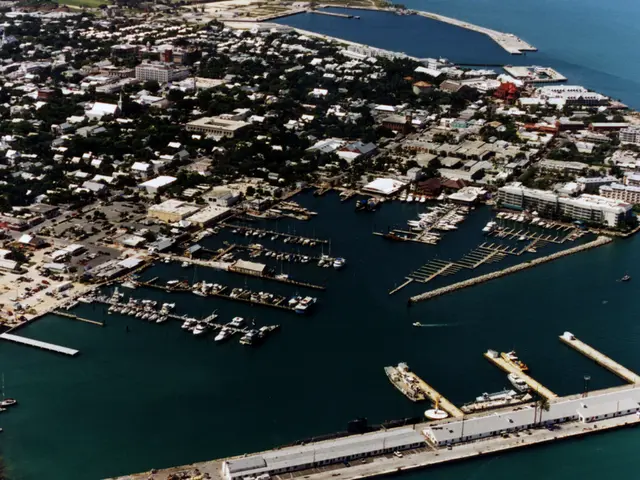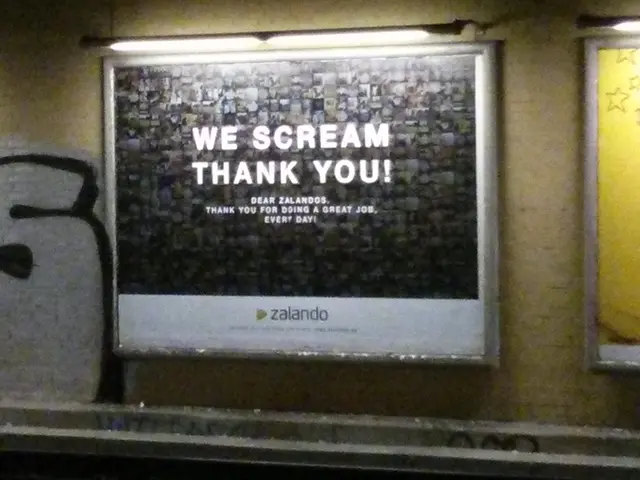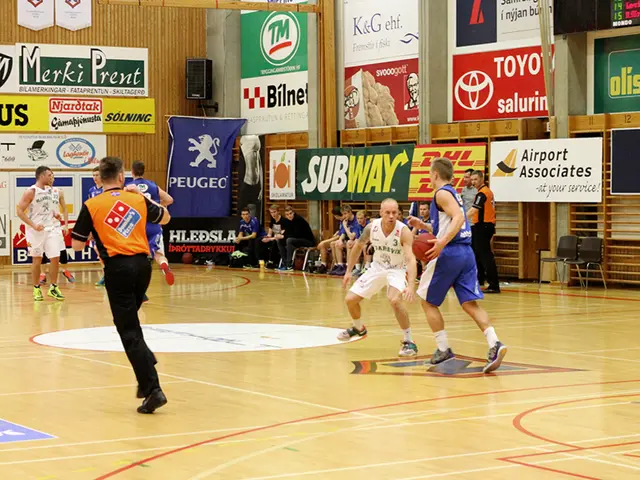Government Needs Immediate Action on Drug Crisis
The drug menace in India is a significant issue, with the drug mafia deeply rooted and entrenched in the country. Union Home Minister, Amit Shah, has been vocal about the destructive potential of drugs, and his goal is to build a drug-free India, as he recently stated in his reference to a "drug-free Bharat."
The Union government has taken multiple concrete measures to combat drug cartels and curb drug trafficking. One of the key initiatives is the strengthening of the Narcotics Control Bureau (NCB) through a major structural expansion. This move aims to enhance nationwide drug enforcement, enabling coordinated actions across Central and State agencies for effective dismantling of drug networks.
Another crucial step is the strict enforcement of the Narcotics Drugs and Psychotropic Substances (NDPS) Act, 1985. This law prohibits the production, sale, and use of narcotic drugs except for medical/scientific purposes, with severe punishment provisions for violations.
Multi-tier coordination mechanisms have also been established to facilitate intelligence sharing and coordinated enforcement among various agencies. The Multi-Agency Centre (MAC) and 4-tier Narco-Coordination Centre (NCORD) have been set up to ensure seamless information exchange.
Specialized enforcement forces have been constituted, including Anti-Narcotics Task Forces (ANTF) in all States/UTs, empowering border guarding forces, Coast Guard, Navy, Railway Protection Force, and others for anti-drug operations across borders and transport routes.
Advanced detection and investigation techniques are being employed, such as electronic scanning of consignments at ports and the development of the National Integrated Database on Arrested Narco-Offenders (NIDAAN) for better investigation and proactive policing.
Community and public engagement programs, like the Drug-Free India Campaign and National Drug Prevention Campaign, focus on awareness, prevention, treatment, and rehabilitation, targeting youths and communities at grassroots levels.
Legal and punitive innovations at state levels have also been implemented. For instance, Himachal Pradesh has enacted bills providing for death penalty, life imprisonment, heavy fines, confiscation of property, and rehabilitation support against drug abuse and trafficking crimes.
Significant seizures and destruction of narcotics have been recorded, with the NCB registering numerous major cases and seizing over 109 metric tonnes of drugs from 2020 to 2025. States like Tamil Nadu have seized and incinerated large quantities of narcotics and frozen bank accounts and property worth crores tied to drug trafficking.
A 24x7 helpline (MANAS) has been established to facilitate citizen participation and rapid response to drug-related issues.
These efforts reflect a comprehensive, multi-dimensional strategy involving legal enforcement, inter-agency coordination, intelligence sharing, public awareness, and rehabilitation to combat drug trafficking and dismantle drug cartels in India. The Union government's approach is aimed at translating words into action in addressing the drug issue, as evidenced by the recent drug haul in Assam and the ongoing efforts to combat the drug problem across the country.
The Union government's efforts to combat drug trafficking and dismantle drug cartels in India include policy-and-legislation initiatives such as the strict enforcement of the Narcotics Drugs and Psychotropic Substances (NDPS) Act, 1985, and state-level innovations like the death penalty bill in Himachal Pradesh. These measures are part of a comprehensive, multi-dimensional strategy that also involves politics, as seen in the Union Home Minister's goal of building a drug-free India. General news and crime-and-justice outlets routinely report on these ongoing efforts and their impact on the drug menace in India.








